How Untreated Hearing Loss Affects Your Daily Life
Hearing plays a vital role in how we connect with the world—through conversations, safety cues, entertainment, and the small details that give life meaning. When hearing begins to fade, the effects can quietly influence far more than just your ears. Many people put off addressing hearing loss, not realizing how much it may already be affecting their well-being, relationships, and independence.
According to the Keck School of Medicine of USC, approximately 40 million American adults experience hearing loss, but only one in ten people who need hearing aids actually use them. This disconnect highlights how often hearing challenges go unaddressed, even when help is available.
It Can Strain Your Relationships and Social Life
When following conversations becomes difficult, social interaction often feels more stressful than enjoyable. You may find yourself nodding along even when you haven’t quite caught what was said or avoiding group settings where voices blend into background noise. Over time, this can lead to withdrawal and feelings of isolation.
What many don’t realize is how untreated hearing loss can also affect loved ones. Misunderstandings may become more frequent, and frustration can build on both sides of a conversation. This gradual breakdown in communication can put distance between people who care about each other.
Hearing aids can help bridge that gap. By improving speech clarity and reducing background interference, they make it easier to stay engaged and confident in conversations. For many people, hearing aids are the first step toward reconnecting with friends, family, and the rhythm of daily life.
It Can Impact Safety and Daily Awareness
Hearing is key to staying safe in everyday situations. Whether it’s a smoke alarm, a microwave timer, or someone calling your name from another room, sound provides important information that helps you navigate your environment. When hearing loss sets in, these signals may become harder to detect.
This reduced awareness can lead to dangerous situations or a growing sense of uncertainty in public spaces. Some people with hearing loss begin to feel less confident driving, walking in busy areas, or managing household tasks. Hearing aids can restore much of that lost awareness by amplifying the important sounds you rely on.
It Can Affect Mental and Cognitive Health
There is a strong link between hearing health and brain function. When hearing loss goes untreated, the brain receives fewer signals to process, which can lead to mental fatigue, difficulty concentrating, and even a faster rate of cognitive decline over time.
Caring for your hearing is also a way of supporting your long-term cognitive health. Rather than straining to catch every word or feeling disconnected in your surroundings, hearing aids can help you stay mentally sharp and fully present in your daily life.
If you’ve noticed changes in your hearing or feel like you’re missing out on important moments, now is a good time to take that first step. Contact Accuracy First today to schedule a hearing evaluation and explore how hearing aids can support a clearer, more connected life.

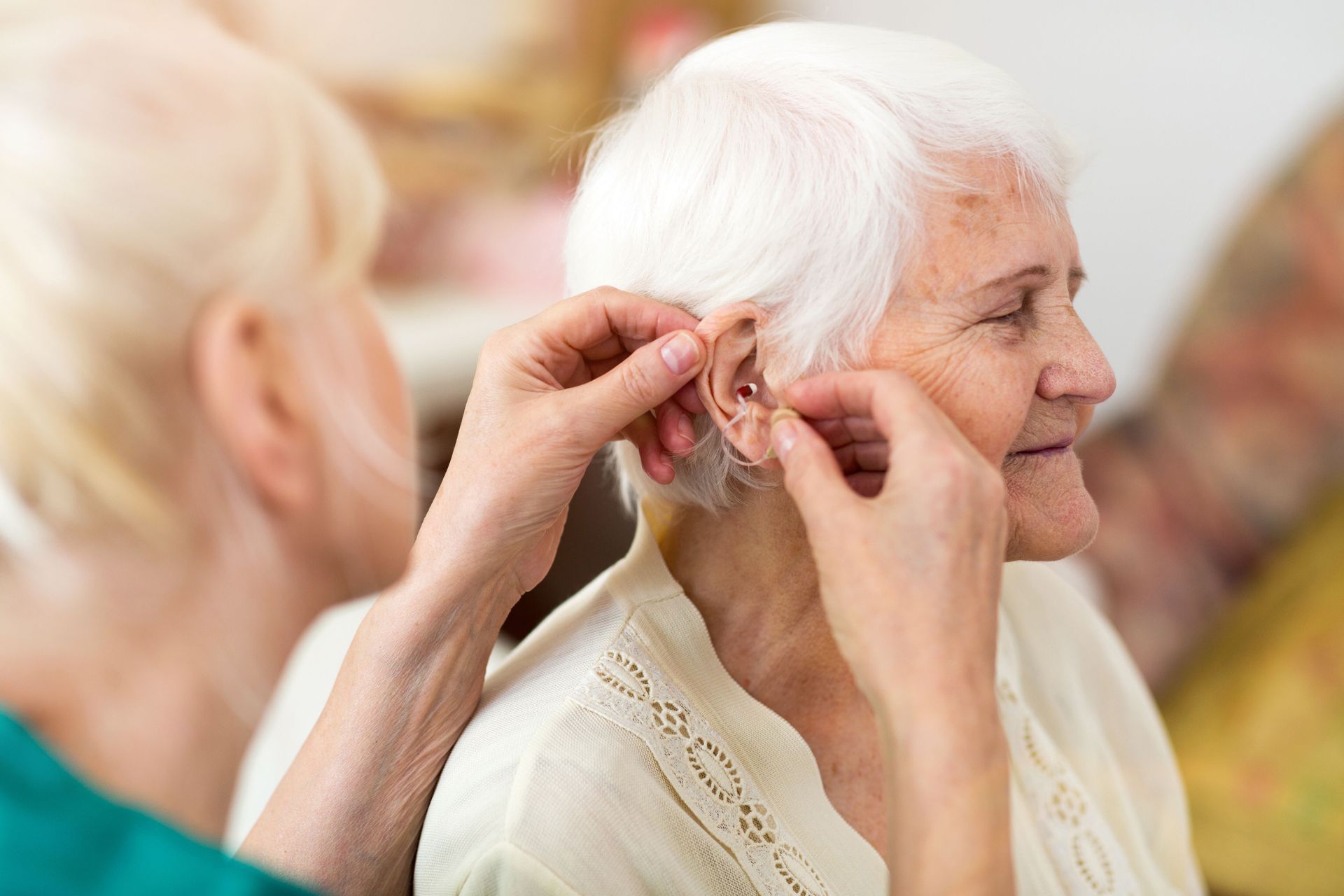
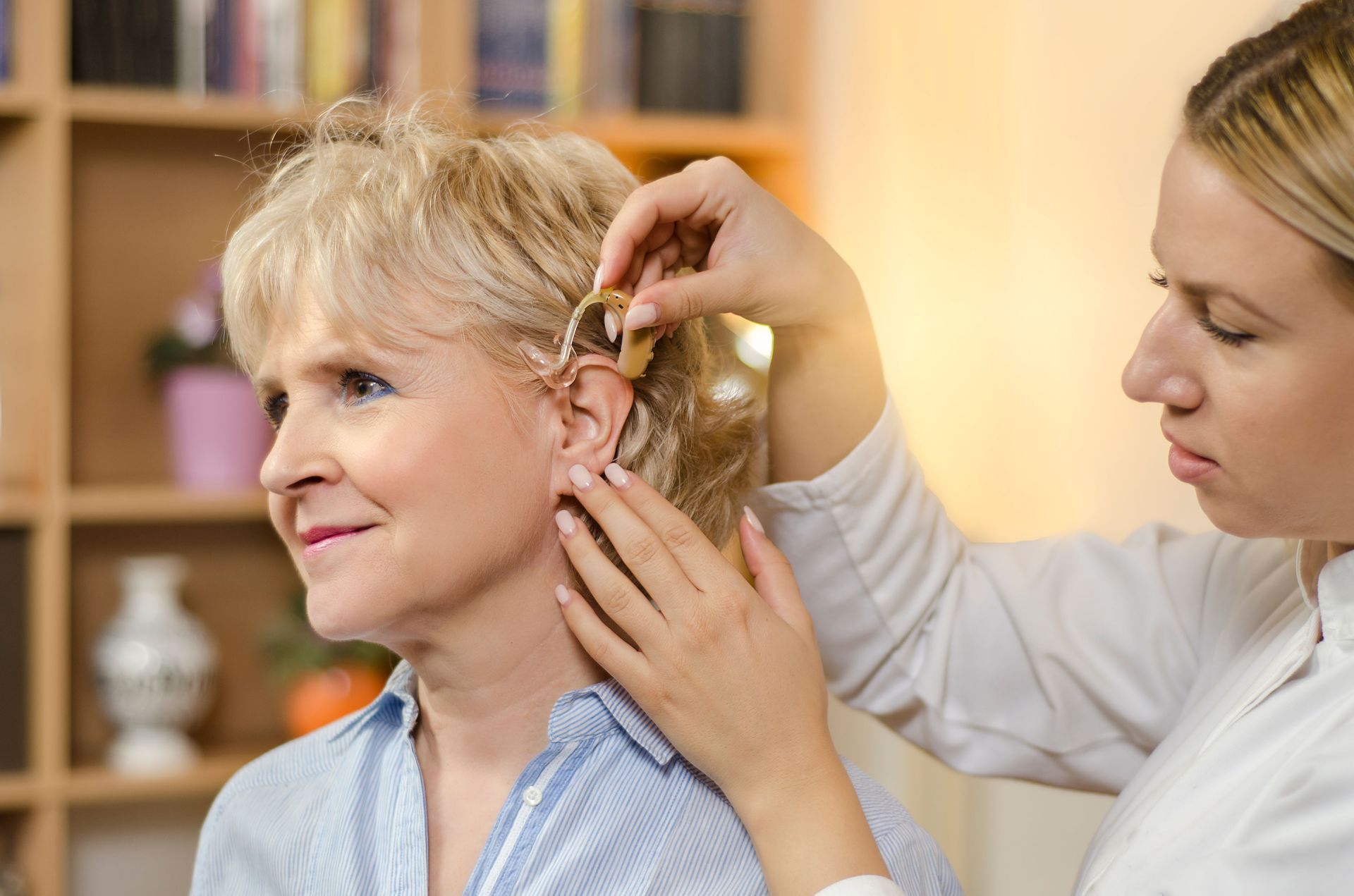

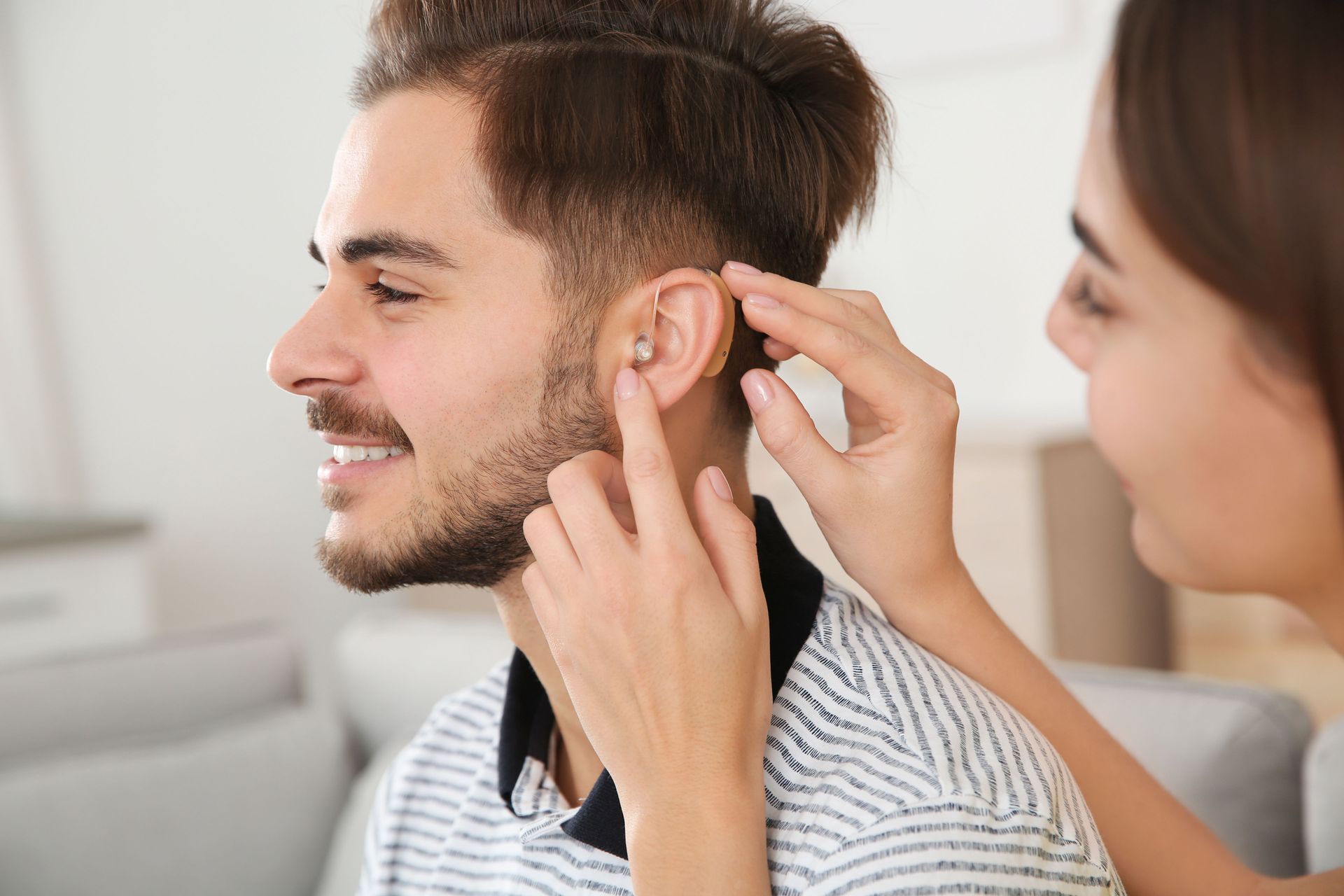
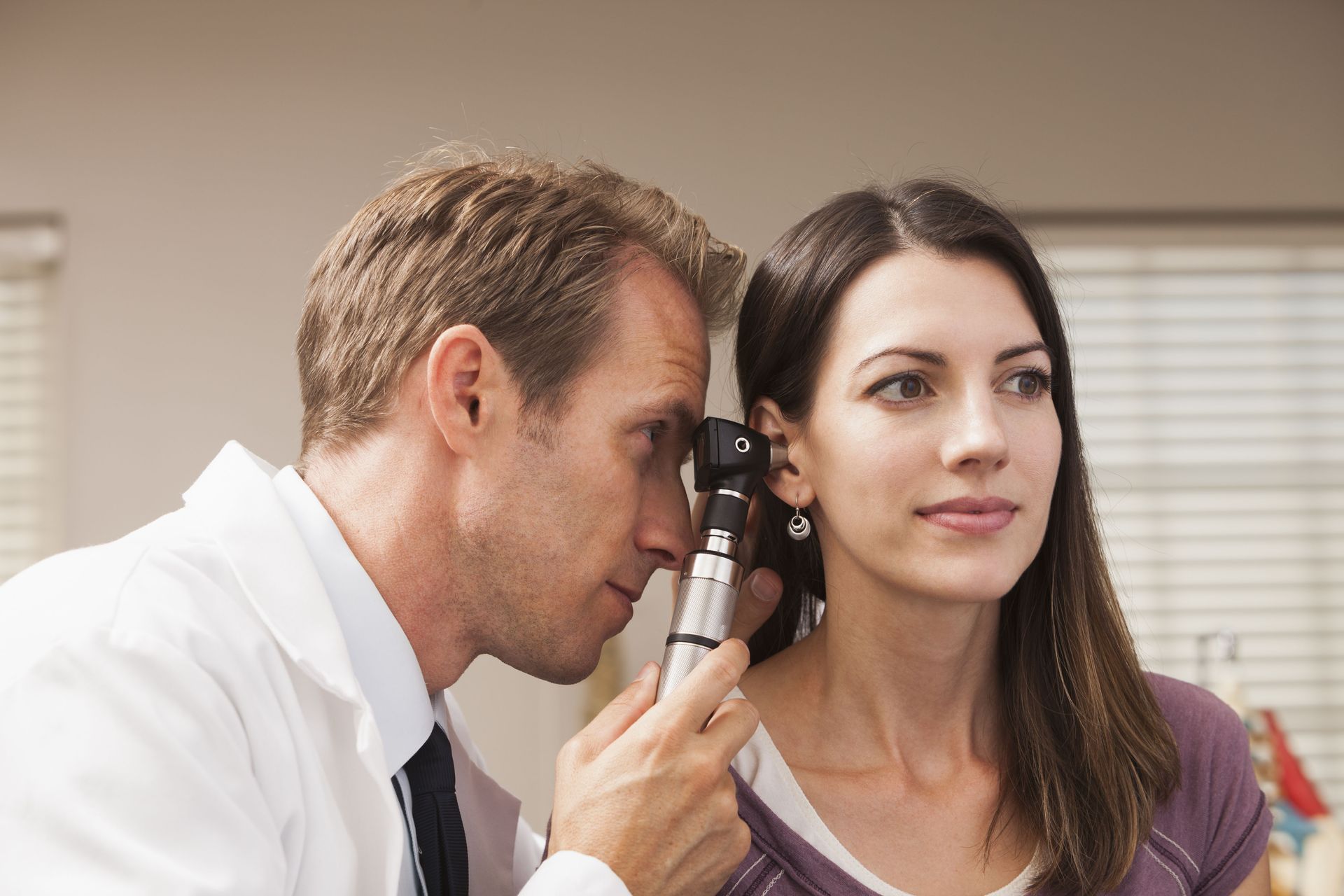
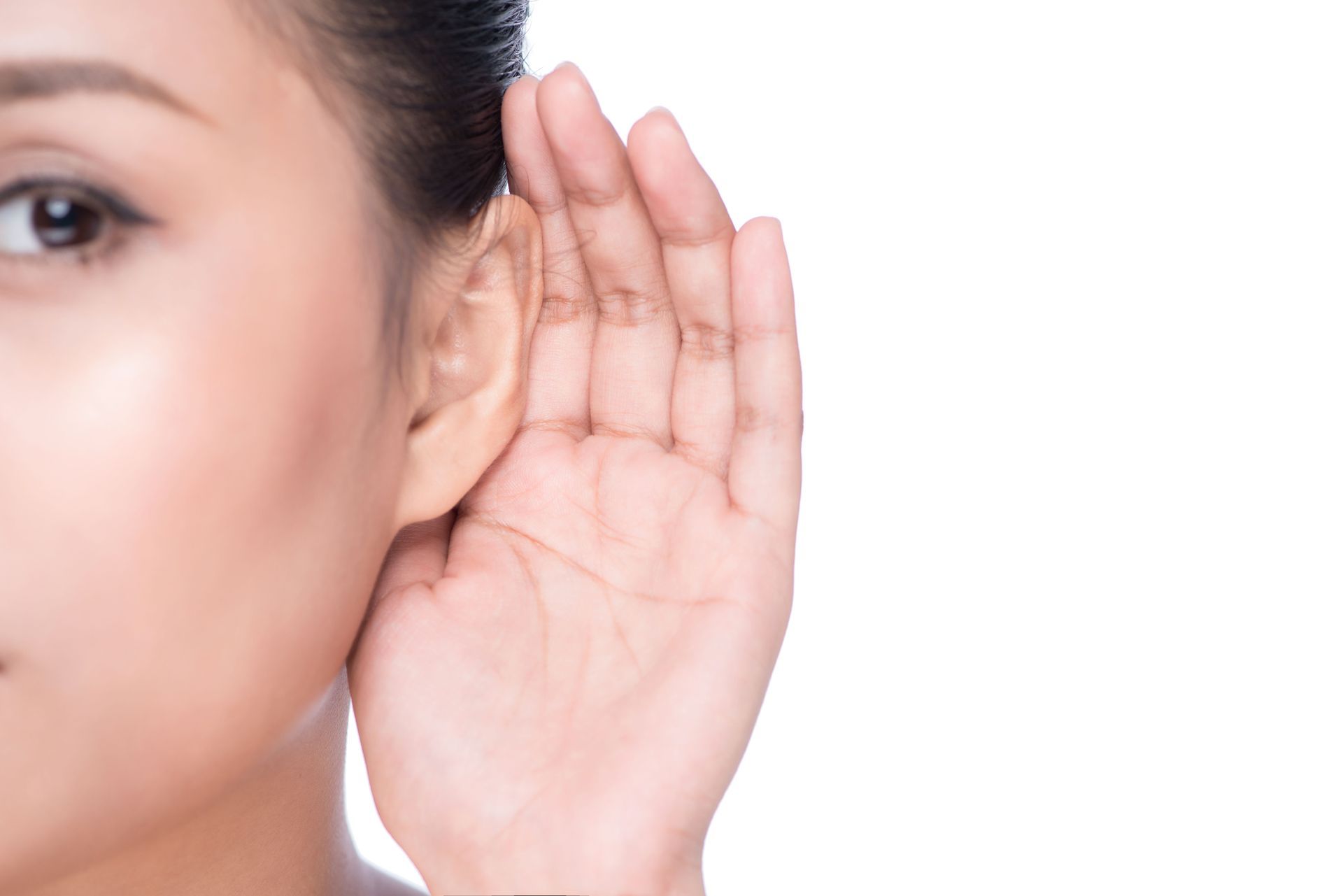


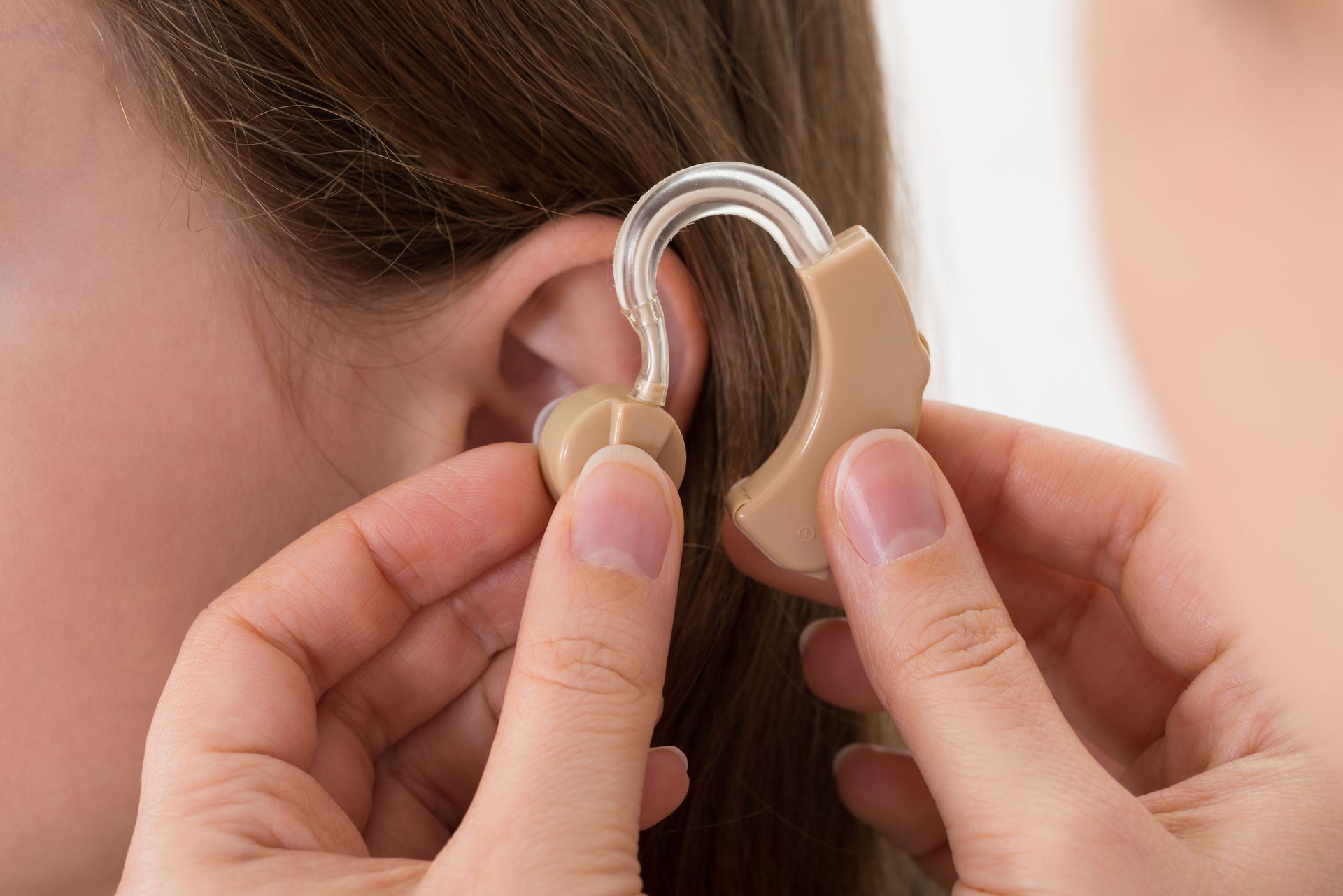

Share On: